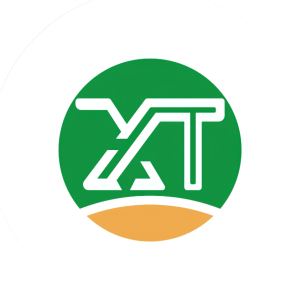Bit Origin completes Cayman-approved share capital reduction
Rhea-AI Filing Summary
Bit Origin Ltd (BTOG) has completed the share capital reduction previously approved on 14 Mar 2025. The Grand Court of the Cayman Islands confirmed the action on 5 Jun 2025 and the Registrar recorded it on 25 Jul 2025, allowing the par value of every authorized and issued share to fall from US$0.30 to US$0.000001.
Following the reduction, authorized share capital equals US$500, divided into 500,000,000 ordinary shares (475 M Class A, 25 M Class B) at the new nominal value. The number of issued shares and their fully-paid status are unchanged. A press release dated 4 Aug 2025
Positive
- Court-approved share capital reduction completed, reducing par value to US$0.000001 while keeping the full 500 million authorized shares intact, with no change to issued share count.
Negative
- None.
Insights
TL;DR Administrative reduction in par value; share count unchanged—minimal immediate financial impact.
The filing finalizes a purely nominal change: par value shifts from US$0.30 to US$0.000001, shrinking legal stated capital from roughly US$150 million to US$500 while keeping 500 million authorized shares intact. Because issued shares remain fully paid and outstanding share totals are unaffected, there is no direct dilution or earnings impact. The update aligns the company’s capital structure with Cayman Islands requirements and is now referenced in existing shelf registration statements, ensuring consistency for future disclosures. Overall, this is housekeeping with neutral earnings implications.
TL;DR Court confirmation concludes capital restructuring; governance process successfully executed.
The company followed statutory procedure—special resolution (14 Mar 2025), court approval (5 Jun 2025), Registrar filing (25 Jul 2025)—demonstrating compliance with Cayman corporate law. Reducing par value to a micro-unit simplifies future equity administration and lowers legal stated capital, yet maintains existing class structure (475 M Class A, 25 M Class B). Incorporation into three active Form F-3 shelves keeps registration statements current. From a governance standpoint, execution appears orderly and transparent, but financial materiality to investors is limited.







